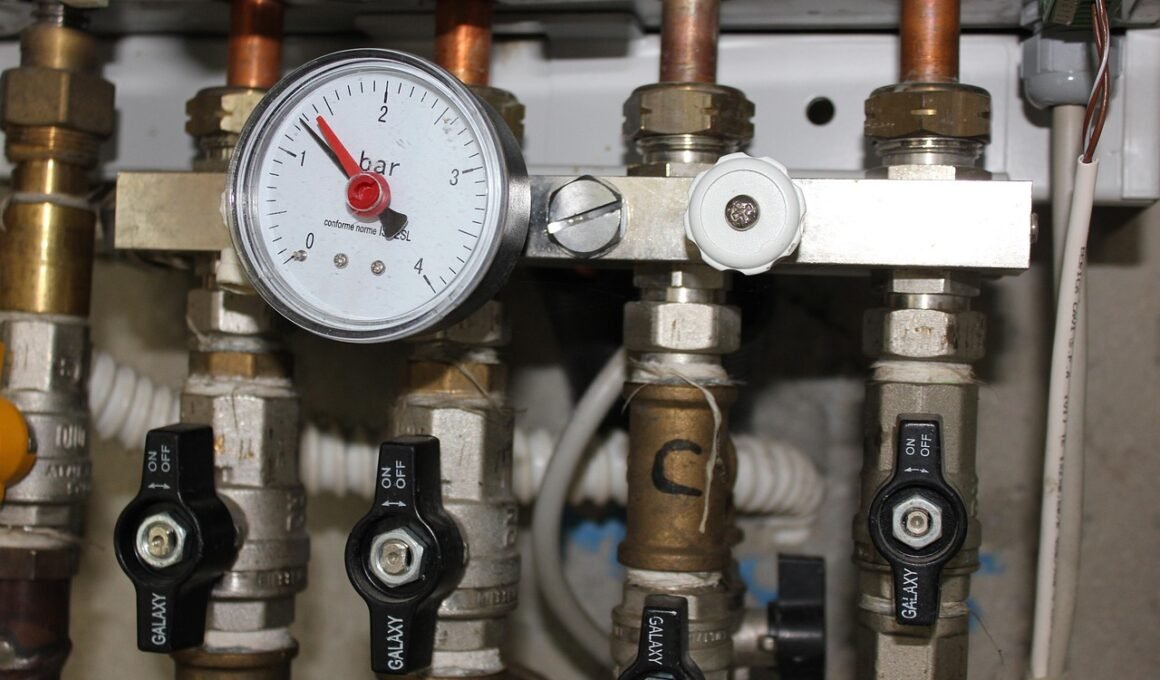Living in Akron, OH, comes with its own set of unique challenges when it comes to home maintenance, especially plumbing. Known for its cold winters and damp climate, Akron households depend heavily on reliable heating systems, sump pumps, and, of course, water heaters. Both for the humid summers and the January blizzards, water heaters add a necessity that many people often take for granted.
Plumbing issues in Akron are common, thanks to the area’s older housing stock, hard water supply, and fluctuating temperatures. Frozen pipes, leaky faucets, and malfunctioning sump pumps often top the list of homeowner headaches. But among them all, water heater problems are some of the most disruptive. When your water heater is failing, it can affect your daily life. You don’t want to wake up to freezing temperatures outside on a Monday and realize, “wait, the shower is ice-cold”. Not exactly the start of the day or week you were expecting.
Below are ten signs of water heater trouble that every Akron homeowner should keep an eye out for.
1. Inconsistent Water Temperature
One of the first red flags of water heater damage is water that can’t seem to hold a steady temperature. One moment the water is warm, the next it’s freezing, and then suddenly it’s scalding hot. A failing heating element or sediment buildup inside the tank usually causes inconsistent temperatures. Over time, minerals from Akron’s hard water settle at the bottom of the heater, making it harder for the system to function properly.
2. Lack of Hot Water Supply
If you’ve noticed that your water heater just isn’t producing enough hot water, that’s a clear sign something’s wrong. Maybe it used to provide hot water for back-to-back showers, but now it struggles to fill even a single bathtub. The best way to make sure you get 24/7 access to hot water is to ensure you always hire a reliable service for water heater repair in Akron, OH. With expert help, you’ll know the root cause of the issue, and resolve it quickly.
3. Strange Noises from the Tank
Does your water heater ever sound like it’s grumbling, popping, or banging? While it may seem like harmless background noise, unusual sounds are usually a cry for help from your system. These noises are most often caused by sediment buildup inside the tank. As water heats, trapped air bubbles escape through the hardened layer of sediment, creating popping or rumbling sounds.
If ignored, the problem can worsen, forcing your water heater to work harder and leading to higher energy bills. In severe cases, it could even damage the tank. So, while the noises might seem minor now, they’re often a sign that maintenance is overdue.
4. Leaks or Moisture Around the Heater
Moisture or puddles forming near your water heater are definite warning signs. Even small leaks can escalate quickly, leading to costly water damage in your basement or utility room. Leaks might stem from loose connections, faulty pressure relief valves, or even cracks in the tank itself. Of course, a plumber can often fix small connection issues, but a cracked tank means it’s time for a replacement.
5. Rusty or Discolored Water
Another sign that your water heater is in trouble is when the water coming out of your faucets looks rusty or discolored. This often points to corrosion inside the tank or rusting pipes. If you don’t already know, rusty water can stain laundry and damage dishes. It can also leave a bad, metallic taste during cooking. Installing a new anode rod before things get worse can sometimes extend the life of your heater, but delaying action could mean the end of your current unit.
6. Foul Smelling Water
If your hot water has a strange odor, often described as a “rotten egg” smell, that’s a telltale sign of bacteria buildup inside the tank. This happens when sulfate bacteria interact with the anode rod in your water heater, creating hydrogen sulfide gas that gives off the unpleasant odor. Hard water deposits can trap bacteria and make conditions inside the tank more favorable for their growth. That stench is enough to make your already difficult chores more unbearable.
7. Low Hot Water Pressure
When your hot water pressure suddenly drops, it’s often linked to sediment buildup or mineral deposits clogging your pipes and valves. Since Akron’s water supply contains higher mineral content, homeowners are more prone to experiencing this problem. Over time, calcium and magnesium deposits restrict the flow of water, leaving you with weak, frustratingly slow streams.
Low water pressure can also indicate more serious problems, such as damaged plumbing lines or issues with the water heater’s internal components. Regardless of the cause, it’s best not to ignore it.
8. Pilot Light or Burner Problems
For households in Akron using gas-powered water heaters, problems with the pilot light or burner are a common concern. If your pilot light keeps going out or refuses to stay lit, it could mean there’s a faulty thermocouple or a draft in the utility space. Likewise, if the burner doesn’t ignite properly, you may notice cooler-than-usual water or none at all.
These issues can also pose safety risks. A malfunctioning gas component could potentially cause leaks, which are dangerous for your home and family. If you notice persistent pilot light or burner issues, call a professional immediately to diagnose and resolve the problem.
9. Older Age of the Water Heater
Sometimes, the biggest “sign” of damage is simply the age of your unit. On average, water heaters last about 8–12 years. If yours is approaching or has surpassed this range, it’s wise to start paying close attention to its performance.
If you’ve had your water heater for a decade or more, even small problems could signal that it’s nearing the end. Proactive replacement not only prevents sudden breakdowns but can also improve efficiency and save money on monthly energy bills.
10. Rising Energy Bills
Finally, if you’ve noticed your energy bills creeping up without a clear reason, your water heater may be the culprit. As sediment builds up and parts wear down, the system has to work harder to heat the same amount of water. This increased workload translates into higher utility costs.
If your bills keep climbing even when your usage stays the same, it’s a good idea to have your water heater inspected. Fixing efficiency problems, or upgrading to a modern, energy-efficient model, can make a big difference in long-term costs.
Conclusion
Many water heater problems occur in locations with extreme weather conditions. With all these factors at play, your water heater becomes one of the most important appliances in your home. When it’s running well, it’s a source of comfort and convenience, but when it starts showing signs of trouble, it’s just a step closer to completely breaking down.
However, with these warning signs, you can catch water heater problems early before they escalate into major breakdowns.



